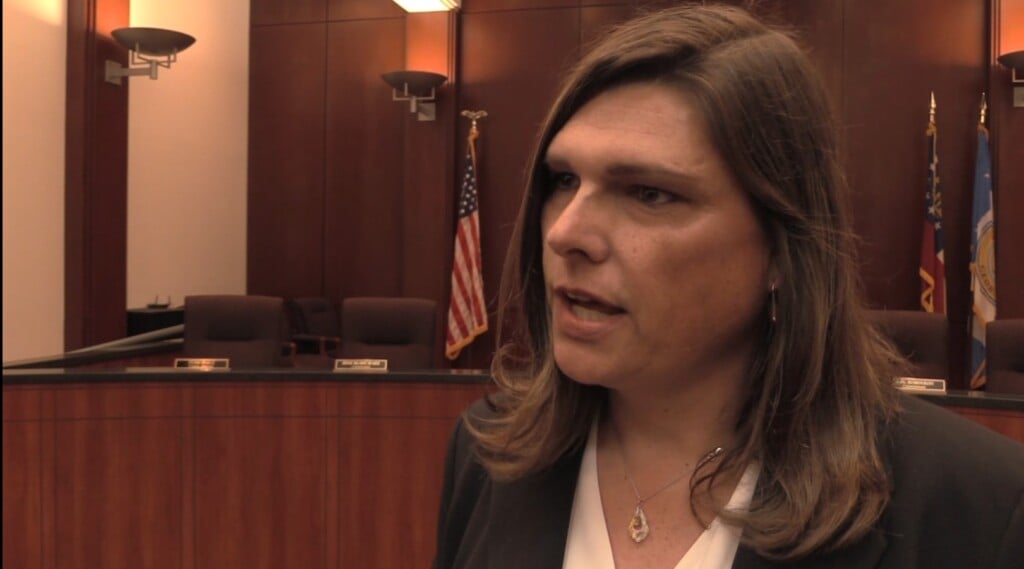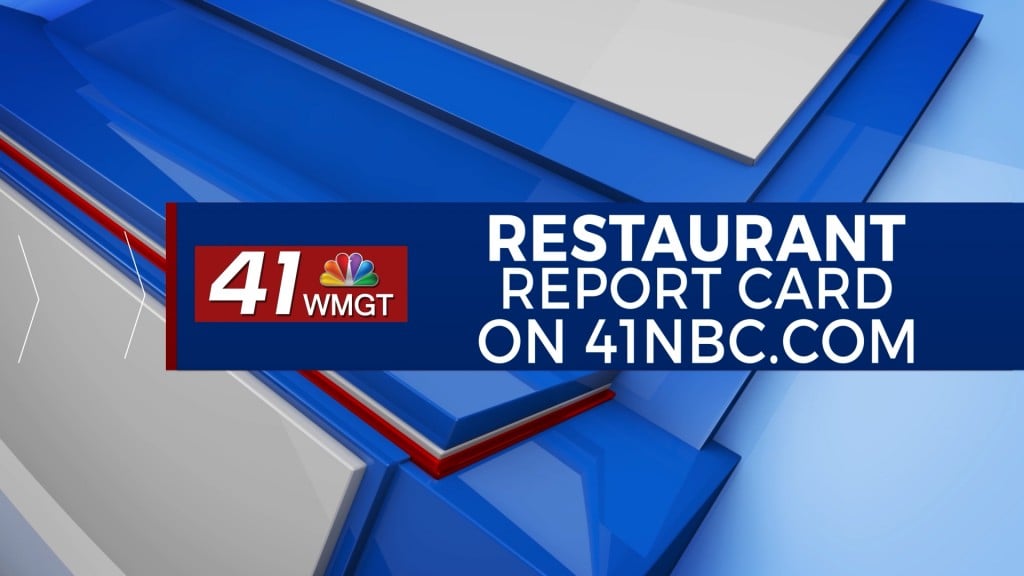Court rules Houston County didn’t discriminate by denying coverage of gender-affirming surgery
11th Circuit reverses rulings in deputy’s gender-affirming surgery case

ATLANTA (AP) — A federal appeals court has reversed previous court rulings that found a Georgia county illegally discriminated against a sheriff’s deputy by failing to pay for her gender-affirming surgery.
In its ruling Tuesday, the 11th U.S. Circuit Court of Appeals found in an 8-5 decision that Houston County’s policy of denying coverage did not violate the civil rights of sheriff’s Sgt. Anna Lange.
The decision of the full Atlanta-based appeals court overturned a three-judge appeals panel and a lower-court ruling that both found the refusal to cover Lange’s prescribed gender-affirmation surgery amounted to illegal sex discrimination under the Civil Rights Act of 1964.
“The County’s plan draws a line between certain treatments, which it covers, and other treatments, which it does not,” wrote Judge Andrew Brasher, in an opinion joined by six other judges. “That line may or may not be appropriate as a matter of health care policy, but it is not facial discrimination based on protected status.”
The decision relies heavily on a June ruling by the U.S. Supreme Court that upheld Tennessee’s ban on gender-affirming care for transgender minors. That decision focused on the right to equal protection under the 14th Amendment, which requires the government to treat similarly situated people the same.
The 11th Circuit decision brings similar reasoning to civil rights law on employment discrimination, saying that a landmark 2020 decision that ruled transgender people couldn’t be discriminated against in the workplace didn’t apply to this health insurance question.
“The county’s policy does not pay for a sex change operation for anyone regardless of their biological sex,” Brasher wrote.
Dissents by five judges, as well as a concurrence by Judge Robin Rosenbaum, attacked that reasoning. The main dissent by Judge Jill Pryor said that the Supreme Court hadn’t ruled on civil rights law in the Tennessee case and that the 2020 ruling should outlaw discriminatory treatment of gender-affirming care. Other judges were more direct in their attacks
“But for her transgender status, Sergeant Anna Lange’s medically necessary surgery would have been covered by her employer’s health insurance plan,” wrote Senior Judge Charles Wilson. “Due to facially discriminatory coverage exclusions, it was not. Because discrimination against transgender people is outlawed by Title VII, I dissent.”
Rosenbaum said she felt the Supreme Court’s Tennessee ruling bound her to vote against Lange as a lower court judge. But she wrote a long opinion that, while siding with the majority, attacked the decisions by the Supreme Court and 11th Circuit, saying their reasoning “buys into the exact kind of historic sex stereotyping that our antidiscrimination jurisprudence is designed to root out.”
Lange, an investigator for the Houston County sheriff’s office, had sued Sheriff Cullen Talton and the county in 2019 after she was denied coverage. The lower judge ordered the county’s insurance plan to pay for the surgery, and Lange eventually underwent the procedure. A jury awarded Lange $60,000 in damages in 2022. The county sought to undo Treadwell’s order and the damage award.
Kelly Parry-Johnson, a lawyer for Advocates for Trans Equality representing Lange, said Wednesday that lawyers are still deciding whether Lange should appeal the case to the Supreme Court.
But Parry-Johnson said it could also be an option for Lange to win her case by going back to district court and seeking a trial to prove that the individual facts in her case show the county intentionally discriminated against her.
She said lawyers view the ruling as “really limited to the very specific circumstances Sgt. Lange is dealing with,” saying it’s not a “sweeping proclamation” that will overturn civil rights protections for transgender people.
“After everything I’ve been through, it’s crushing to know I will have to continue to fight to get what a jury already said I was entitled to,” Lange said in a statement. “This should never have happened to me, and it shouldn’t happen to anyone else.”
Lawyers for Houston County didn’t immediately reply Wednesday to emails and a phone call seeking comment.
PREVIOUS STORY:



